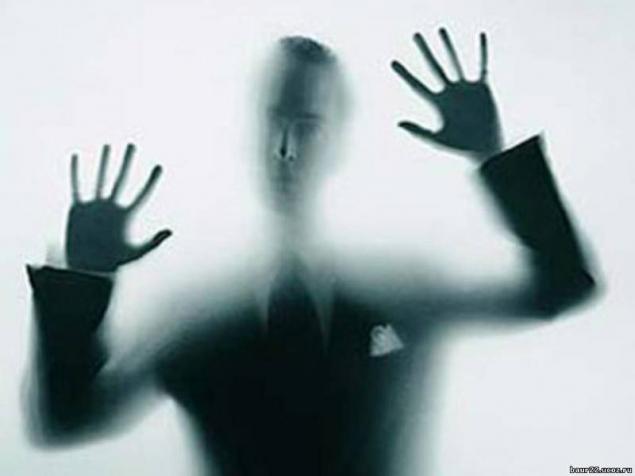450
Depression is an infectious disease
Dr. Turhan Kanli (Turhan Canli) from stony brook University says that depression should be defined as an infectious disease, not an emotional disorder.

American scientist believes that this condition is caused by parasitic, bacterial or viral infections, and future studies need to look for these organisms. Canli: "the time has Come for a totally different approach. Instead of defining depression as an emotional disorder, I suggest to review the concept and consider it a kind of infectious disease. Future studies should identify parasites, bacteria or viruses that may play a causal role in the etiology of major depression".
According to the doctor, patients with depression show the same symptoms as people who have an infectious disease. Studies of patients with depression also show the presence of inflammatory markers in their brains. Another argument in defense of his theory, he considers the examples of parasites, bacteria or viruses affecting emotional behaviour in nature.
The most famous example Toxomaplasma gondii, a parasite that lives in the gastrointestinal tract of the cat. The rats came into contact with this parasite in the cat discharge, there is a definite brain damage.
Scientists say that about one third of the world population is infected with T. gondii . Infection has been associated with markers of inflammation, as observed in patients with depression. And these patients had higher levels of antibodies against T. gondii bacteria. Canli: "However, large-scale studies of major depression and T. gondii or systematic searches to detect other potential parasitic infections have still not been conducted". In addition, the doctor cites a number of studies in which emotional behavior of rodents were changed when they were exposed to the bacteria.

American scientist believes that this condition is caused by parasitic, bacterial or viral infections, and future studies need to look for these organisms. Canli: "the time has Come for a totally different approach. Instead of defining depression as an emotional disorder, I suggest to review the concept and consider it a kind of infectious disease. Future studies should identify parasites, bacteria or viruses that may play a causal role in the etiology of major depression".
According to the doctor, patients with depression show the same symptoms as people who have an infectious disease. Studies of patients with depression also show the presence of inflammatory markers in their brains. Another argument in defense of his theory, he considers the examples of parasites, bacteria or viruses affecting emotional behaviour in nature.
The most famous example Toxomaplasma gondii, a parasite that lives in the gastrointestinal tract of the cat. The rats came into contact with this parasite in the cat discharge, there is a definite brain damage.
Scientists say that about one third of the world population is infected with T. gondii . Infection has been associated with markers of inflammation, as observed in patients with depression. And these patients had higher levels of antibodies against T. gondii bacteria. Canli: "However, large-scale studies of major depression and T. gondii or systematic searches to detect other potential parasitic infections have still not been conducted". In addition, the doctor cites a number of studies in which emotional behavior of rodents were changed when they were exposed to the bacteria.























